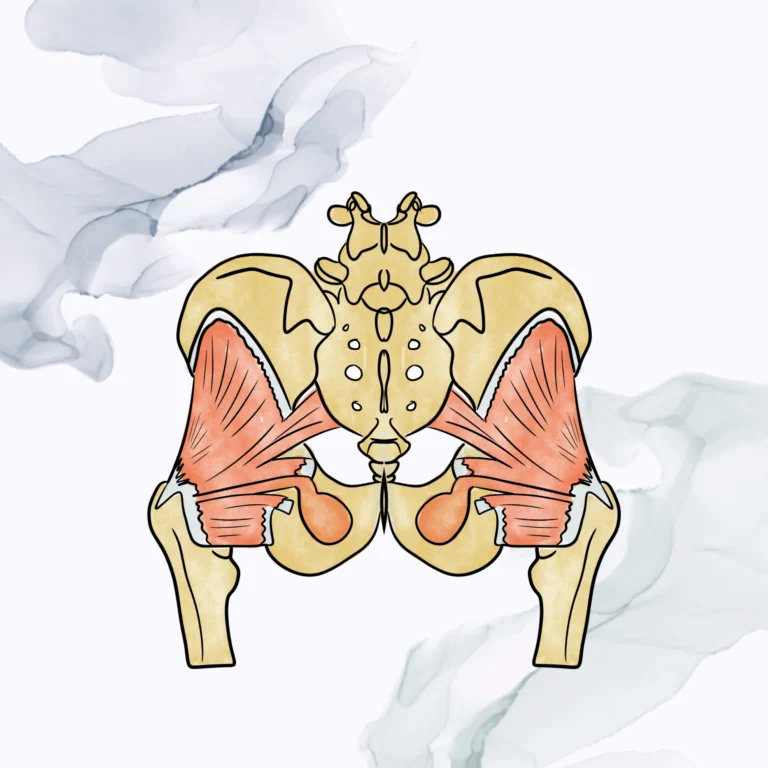Have you been told to Kegels at some point in time? They are typically the first thing we think about when we think about strengthening the pelvic floor. A Kegel — regardless of how you pronounce it — is a voluntary contraction of the pelvic floor muscle group. The pelvic floor is a group of muscles that slings the bladder, rectum, uterus, and other organs up to prevent incontinence (leakage), prolapse, and dysfunctional core support.
The pelvic floor muscles can stretch and strengthen like most muscles in the body. Sometimes the pelvic floor can be too “loose” and not supportive enough which can cause problems for organ support and incontinence. However, sometimes the pelvic floor can be too “tight” which can also cause problems for organ support and incontinence. Usually, if one’s pelvic floor is too “loose,” Kegel strengthening can be helpful. If one’s pelvic floor is too “tight,” Kegel strengthening can make bladder/bowel leakage and prolapse more bothersome. The tricky part is that most patients cannot accurately gauge whether their pelvic floor muscles are “tight” or “loose.” Pelvic floor physical therapists are specially trained experts in determining the flexibility and strength of the pelvic floor. With hands on techniques, your therapist can tell you if your pelvic floor would benefit from Kegel training or not. Not everyone will benefit from Kegels.
A Kegel is not a one-size-fits all, and they can worsen symptoms in those experiencing pelvic overactivity (too “tight” of muscles ). You can be leaking if your muscles are stuck in elongation, and conversely if your muscles are stuck in tension. In either situation, you are not able to access that full breadth and width of our muscles. In fact, in therapy, we rarely talk about doing Kegels until you can demonstrate full relaxation of the pelvic floor muscles. Besides, there are so many other important things to talk about and address before you even get to Kegels.
Aside from Kegels, there are other important predictors of pelvic floor strength and stability. Hip strength and abdominal strength are important for pelvic strength. This includes your ability to balance on one leg, response time with balance, and endurance of exercise.
Your pelvic floor therapist will take everything into consideration during your intake examination to make the most appropriate game plan for you. Contrary to the popular belief, Kegel training is usually not the best place to start. If you are uncertain on if you should be doing Kegel training, call us to schedule an evaluation.




